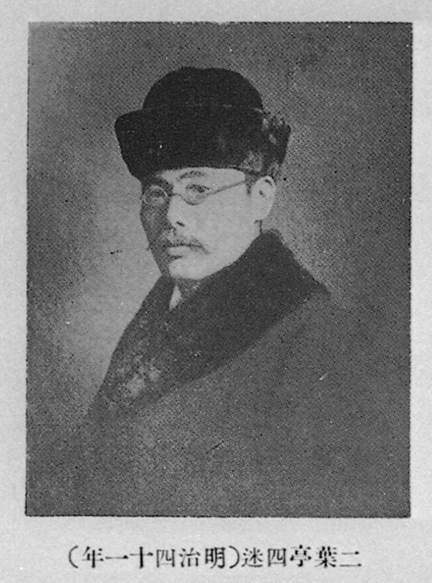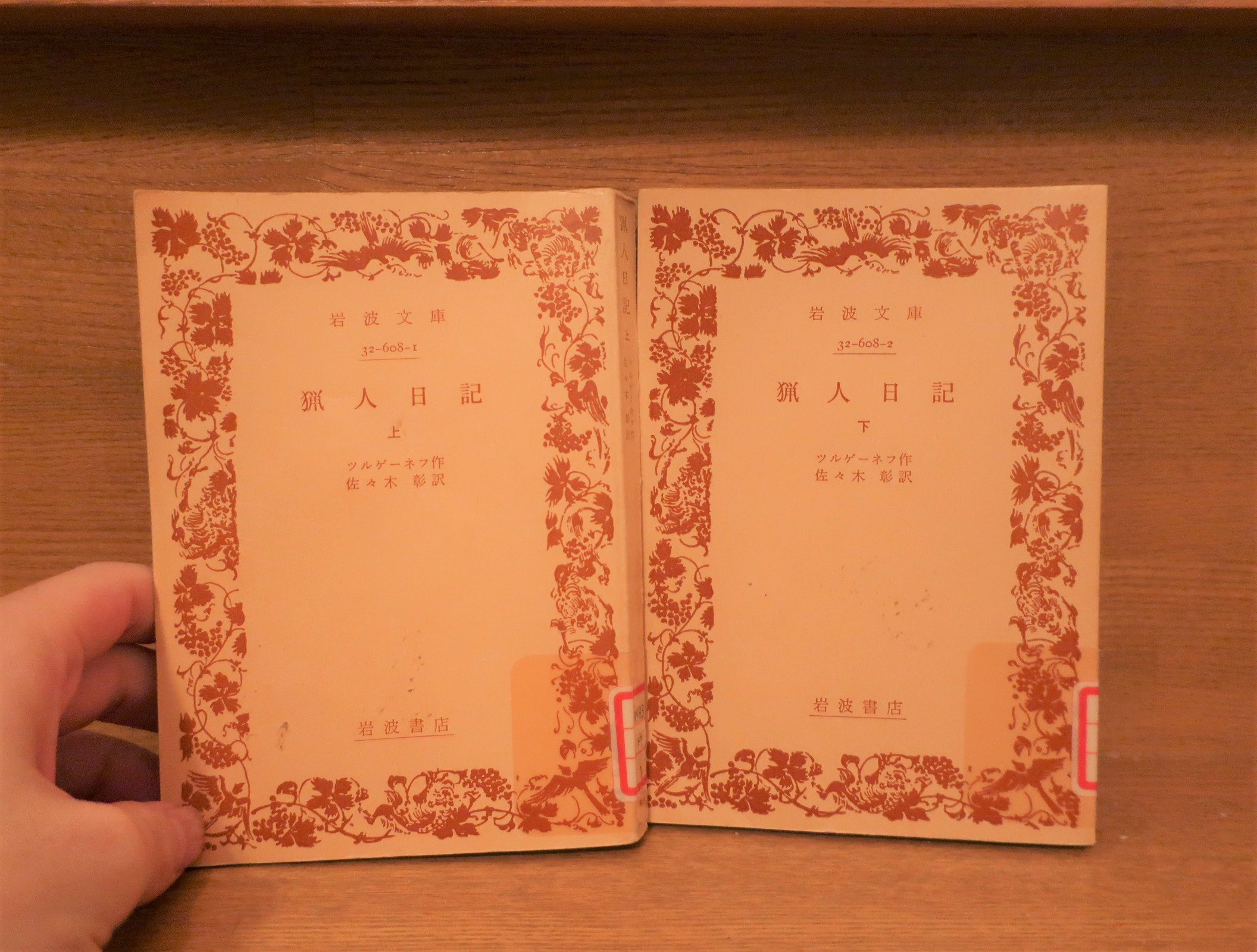Synopsis of "Aibiki," famous for its translation by Futabatei Shimei - from Turgenev's "The Hunter's Diary

The famous "Aibiki" was translated by Futabatei Shimei in 1881.
This work was included in Turgenev's "Diary of a Hunter.
The Hunter's Diary is the result of a collection of short stories that Turgenev had been writing since 1847.
Futabatei Shimei selected one of them and introduced it to Japan. For more information on "The Hunter's Diary," please refer to the previous article.A synopsis and commentary of Turgenev's masterpiece, "The Hunter's Diary," the masterpiece that catapulted Turgenev to fame in the literary world.for more information.
Now, back to "Aibiki," as described in the commentary at the end of "Hunter's Diary" in the Iwanami Bunko (Iwanami Bunko) as follows
Turgenev was one of the earliest Russian writers to become known in Japan. In particular, "Aibiki" was introduced to Japan early through Futabatei Shimei's famous translation (1881), and its wonderful depiction of nature had a great impact on the younger generation at that time. Not a few works, including Kunikida Doppo's "Musashino" (1908), were influenced by it.
Iwanami Shoten, Turgenev, The Hunter's Diary, translated by Akira Sasaki, p. 305
Aibiki" was introduced to Japan by Futabatei Shimei and had a great impact on the Japanese literary world. At that time, Turgenev was more popular in Japan than Dostoevsky or Tolstoy as the first Russian writer.
Let's take a look at the synopsis of this work.
The work begins with the protagonist, a hunter, in the woods.
After a beautiful scene of a birch forest as seen by a hunter, he suddenly spots a woman. She seems to be waiting for someone. The hunter looks at her quietly so as not to be noticed.
Soon a man arrived. He seemed to be her boyfriend.
However, the man treats her badly in a huffy manner.
Nevertheless, she still offered her love to him in a healthy way.
Turgenev depicted this sad "snore" with a beautiful description of the scene.
Kimito Ogura on this work.Turgenev: Life and Works.The following was stated in the following section.
The anti-serfdom character of "The Hunter's Diary" is expressed in its hateful portrayal of those who regard the peasants as puppets of their masters. For Turgenev, the peasants were good and compassionate, born with various talents and a fine intellect.
In "Aibiki," "Singing Taisai," "The Meadows of Bézin," and "Kashan of Krasiwaya Mecha," he shows his interest in the high ethical profile of the peasants, the internal expression of their feelings and experiences, and shows them as delicate souls who can poetically accept the bounty of nature.
The young peasant girl Akrina ("Aibiki"), who falls in love with a selfish young man who is her wealthy husband's servant, is poetically and elegantly portrayed. Her sad eyes are full of infinite tenderness and trust, pious obedience and love. She was too frightened to cry out, and as she said goodbye, she looked at him as if it were the last time she would ever see him. The man, however, lay stretched out like a sultan, receiving her adoring gaze with a deliberate, obnoxious, tolerant air of arrogance."
I wonder if this young man, who had acquired a frivolous appearance and the heart of a cold and heartless husband, could have understood the poetic depth of Akulina's nature, her ardent love that turned into a silent yearning, her deep sorrow at the news of their separation, and her fervent wish, "Why don't you at least give me one kind word to say goodbye, just one word. I wonder if he could have understood her ardent wish, "At least, you could have given me a kind word to say goodbye, even if it is just a single word. ......
Hosei University Press, Kimito Ogura, Turgenev: Life and Works.P35-36
As mentioned in the previous article, "The Hunter's Diary" was written under the firm intention of Turgenev to be anti-serfdom.
The fact that his tyrannical mother treated the serfs as if they were "hers" and refused to recognize their humanity was a strong impression in Turgenev's mind.
To the upper classes of the time, serfs were thought of as barbarians with no intelligence or character at all. They did not care whether they exploited them or not.
It's yours, so you can do what you want with it. If it goes bad, you can replace it."
Such treatment was commonplace in Russian society at the time. Turgenev was extremely disgusted by this. Please refer to the following article for more details.
Now, "Aibiki" also reflects Turgenev's thoughts and feelings.
As the commentary states, the peasant girl whom the hunter meets is portrayed as a serf with a beautiful heart. In contrast, her lover is portrayed as a man of the landowning class, a man who has fully acquired his husband's heart.
Herein lies Turgenev's message: "The aristocracy and landowning class are the ones who have lost their beautiful hearts.
The peasant woman's beautiful heart does not reach her lover. Her sad love for him is expressed in a more artistic way, coupled with the beautiful nature around her.
The great thing about Turgenev is this fusion of emotional expression and scene description.
With the heart of a sensitive poet, Turgenev's writing creates a somewhat sad or poetic mood.
The combination of the beautiful descriptions of nature that seem to appear right in front of your eyes draws you into the story without you saying a word. It's hard to describe, but it's a feeling that makes you feel a sense of being enchanted by a beautiful scene. It's like being enchanted by a beautiful scene.
Anyway, there is something about it that has the power to draw us in.
This artistic power seems to be Turgenev's main strength.
I think "Aibiki" is probably one of Turgenev's best-known works in Japan.
It is a short story and very easy to read. It may be an excellent introduction to Turgenev. I hope you will immerse yourself in its beautiful worldview.
The above is a synopsis of the famous "Aibiki" by Futabatei Shimei - from Turgenev's "The Hunter's Diary".
Next Article.
Click here to read the previous article.
Click here for a list of Turgenev's recommended works.
Related Articles





































